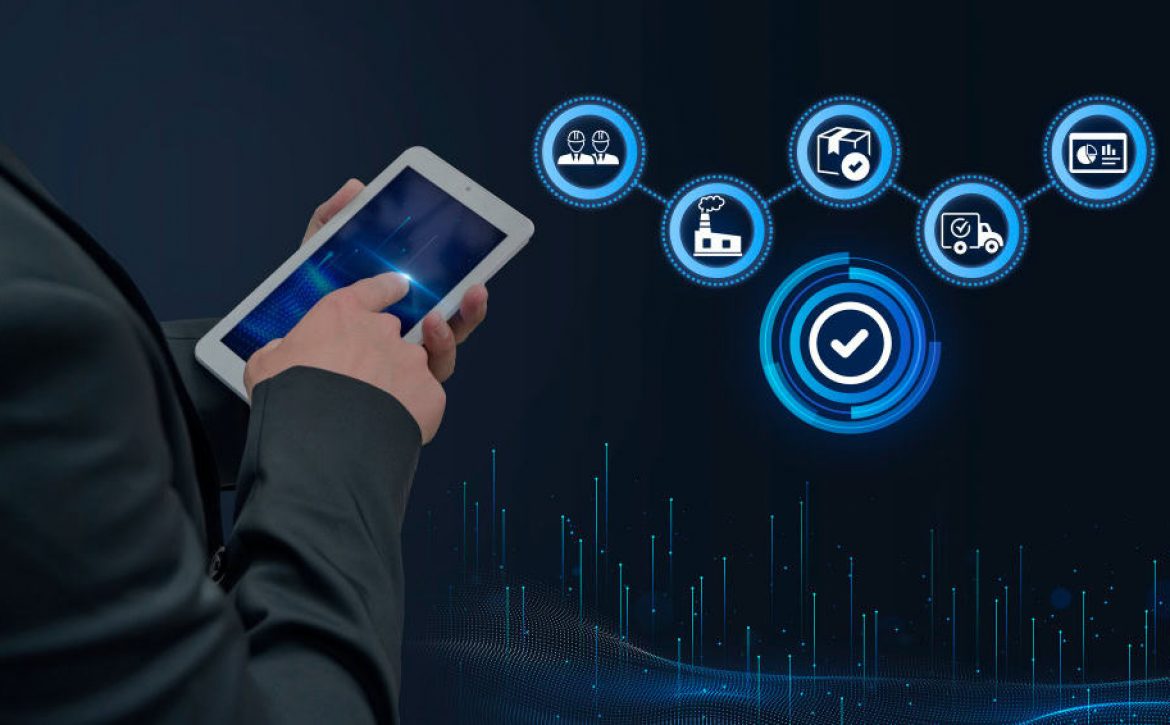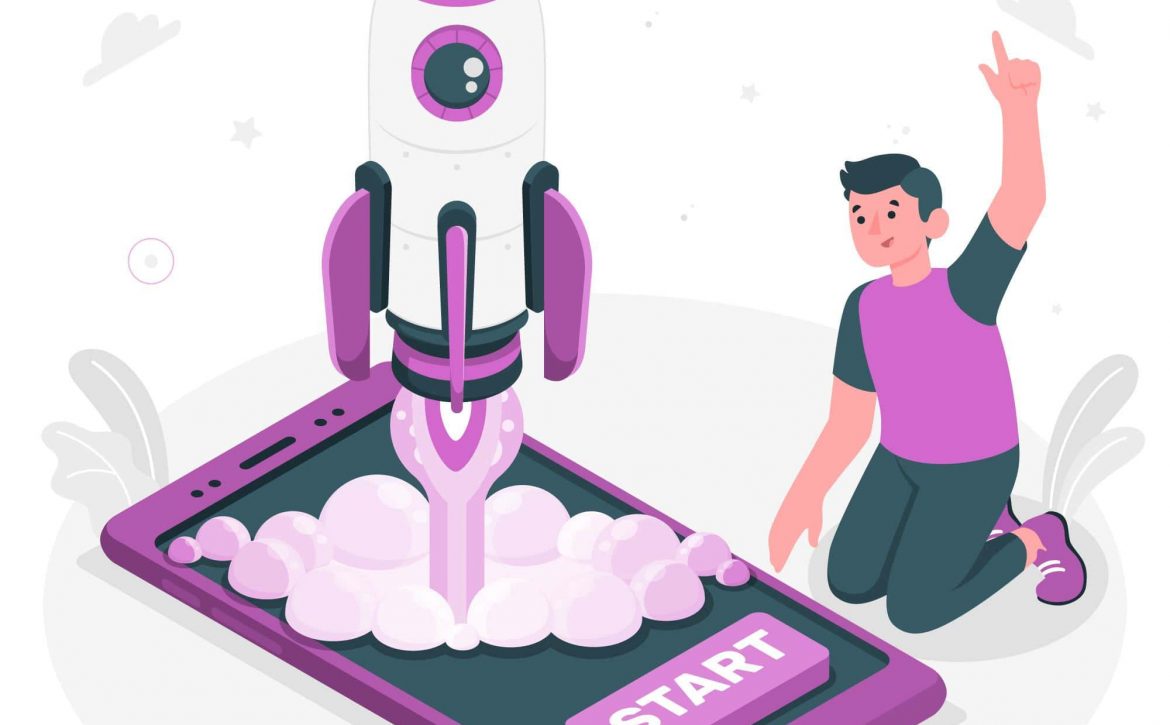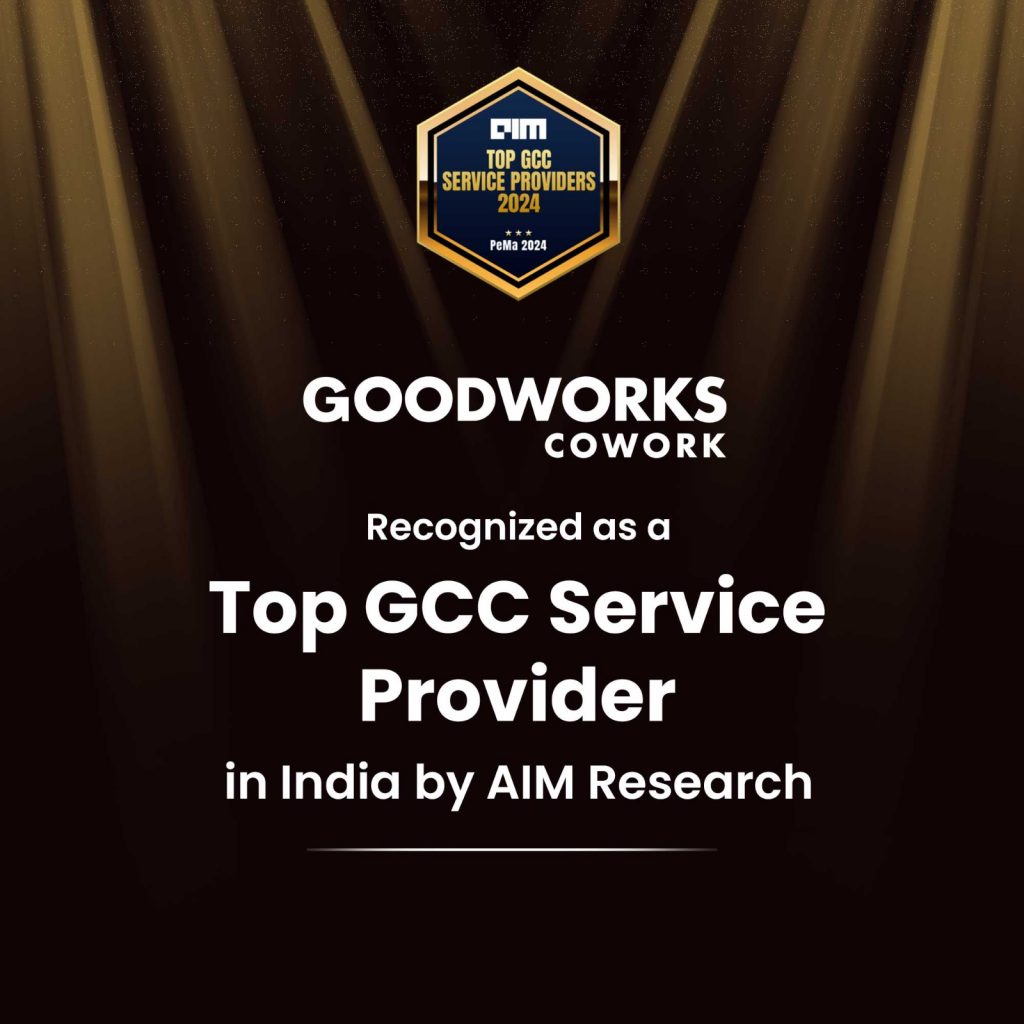AI Agents for Workflow Automation: The Next SaaS Opportunity
Introduction: A New Era of Workflow Intelligence
Artificial Intelligence (AI) continues to redefine how businesses operate. One of the most promising and rapidly evolving trends is the rise of AI agents for workflow automation intelligent software components designed to autonomously handle repetitive, rule-based, and context-aware tasks. As organizations increasingly turn to digital solutions to enhance productivity and cut costs, AI-driven workflow automation has emerged as a massive opportunity for SaaS (Software as a Service) providers.
Amid this ongoing AI revolution, GoodworkLabs is actively pioneering smart automation solutions that integrate seamlessly with business operations. Furthermore, with its proven track record of building scalable AI products, GoodworkLabs is ideally positioned to help companies effectively capitalize on this emerging frontier.
What Are AI Agents in Workflow Automation?
AI agents are autonomous programs that can perceive their environment, reason, learn from experience, and take actions to achieve defined goals. In the context of workflow automation, these agents perform tasks like:
-
Automating email responses
-
Managing customer support queries
-
Processing data entries
-
Coordinating multi-step workflows
-
Integrating across apps and APIs
-
Making decisions based on dynamic inputs
These agents differ from traditional automation tools because they don’t rely on hard-coded logic. Instead, they use machine learning, natural language processing, and reinforcement learning to continuously adapt and improve.
Why AI Agents Are the Next Big Thing in SaaS
The SaaS industry is already transforming how businesses access tools and software. Adding AI-driven workflow agents into the mix further amplifies this transformation by making SaaS products smarter, faster, and more autonomous.
Key Reasons AI Agents Are Reshaping SaaS:
1. Elimination of Manual Tasks
These agents significantly reduce time spent on repetitive tasks, freeing teams to focus on strategic work. For example, customer support software can include an AI agent that resolves common issues without human intervention.
2 . Enhanced Decision-Making
Agents can analyze real-time data and offer actionable insights, improving decision-making across sales, marketing, HR, and finance operations.
3. Seamless Cross-App Integration
AI agents connect SaaS platforms through APIs, enabling automation across CRMs, ERPs, HRMS tools, and marketing stacks.
4. Context-Aware Intelligence
Unlike basic bots, these agents understand user intent, historical behavior, and contextual cues making workflows more personalized and dynamic.
How AI Agents Improve Workflow Automation
It enhances workflow automation by enabling more resilient, intelligent, and adaptable systems. Here’s how:
1. Natural Language Interfaces
With natural language processing (NLP), users can trigger and control workflows simply by typing or speaking a command eliminating complex menus or code-based instructions.
2. Smart Task Routing
AI agents automatically assign tasks to the right teams or individuals based on workload, availability, and expertise.
3. Predictive Execution
By learning from past activity, agents can preemptively execute tasks like drafting weekly reports or scheduling follow-ups without needing a prompt.
4. Real-Time Learning and Adaptation
Agents gather feedback from user actions and outcomes, enabling continuous learning and workflow refinement.
GoodWorkLabs: Driving the Future of Smart SaaS Platforms
GoodWorkLabs has become a leader in AI development for workflow automation, offering tailored solutions for businesses aiming to deploy intelligent SaaS platforms.
Why Choose GoodworkLabs?
1. Expertise in AI and ML
With a seasoned team of data scientists and AI engineers, GoodworkLabs brings deep technical knowledge in areas like machine learning, NLP, and AI agent orchestration.
2. End-to-End SaaS Product Development
From ideation to deployment, GoodworkLabs handles all stages of SaaS product development ensuring security, scalability, and performance.
3. Integration-Ready Platforms
The company builds APIs and microservices designed for smooth integration with leading tools like Salesforce, Slack, Zapier, and more.
4. Industry-Specific Customization
GoodworkLabs tailors AI agent functionality based on specific industries be it finance, healthcare, education, or retail.
Use Case: AI Agents in Action
Let’s consider a SaaS company offering HR onboarding tools. With the integration of AI agents:
-
New hire documents are automatically collected and verified
-
Personalized onboarding emails are sent based on job role
-
Calendar invites and checklists are generated for managers
-
Feedback forms are triggered post-onboarding
The Market Opportunity for SaaS Startups
The market for workflow automation tools powered by AI agents is expanding rapidly. According to a report by MarketsandMarkets, the AI in SaaS market is projected to reach $126 billion by 2028, growing at a CAGR of over 25%.
This surge is driven by:
-
Increasing demand for operational efficiency
-
Remote and hybrid work models
-
Enterprise adoption of AI and analytics
-
Growing reliance on API-first architectures
Startups and product builders that integrate AI agents into their SaaS offerings can gain a significant competitive edge.
Building Blocks of an AI Agent-Powered SaaS App
To design a successful intelligent SaaS platform, these components are critical:
-
AI model engine (e.g., LLMs for NLP)
-
Workflow builder with a no-code/low-code interface
-
Orchestration layer to manage tasks and priorities
-
Data security modules (compliance with GDPR, SOC 2)
-
Feedback loops for continuous improvement
-
API connectors to integrate external systems
GoodworkLabs delivers all of these within a single, robust development cycle.
The Competitive Advantage: What Sets You Apart
By adding AI agents to your SaaS workflow, you:
-
Decrease customer churn with smart experiences
-
Increase user engagement through proactive automation
-
Reduce support costs with self-service capabilities
-
Expand TAM (Total Addressable Market) by catering to enterprise needs
This isn’t just a feature it’s a product-defining advantage.
Final Thoughts: The Next SaaS Breakthrough
AI agents for workflow automation aren’t just a trend in fact, they’re a strategic necessity for modern SaaS platforms. By embedding intelligence into operations, businesses can therefore scale more efficiently and deliver hyper-personalized user experiences.
Moreover, GoodworkLabs stands ready to help SaaS startups and enterprises build AI-powered platforms that are not only future-proof and secure but also truly transformative.
Ready to Build Your AI Agent-Powered SaaS Platform?
Get expert guidance from one of the top AI SaaS development teams.
Let GoodworkLabs help you launch the next big thing in intelligent automation.













